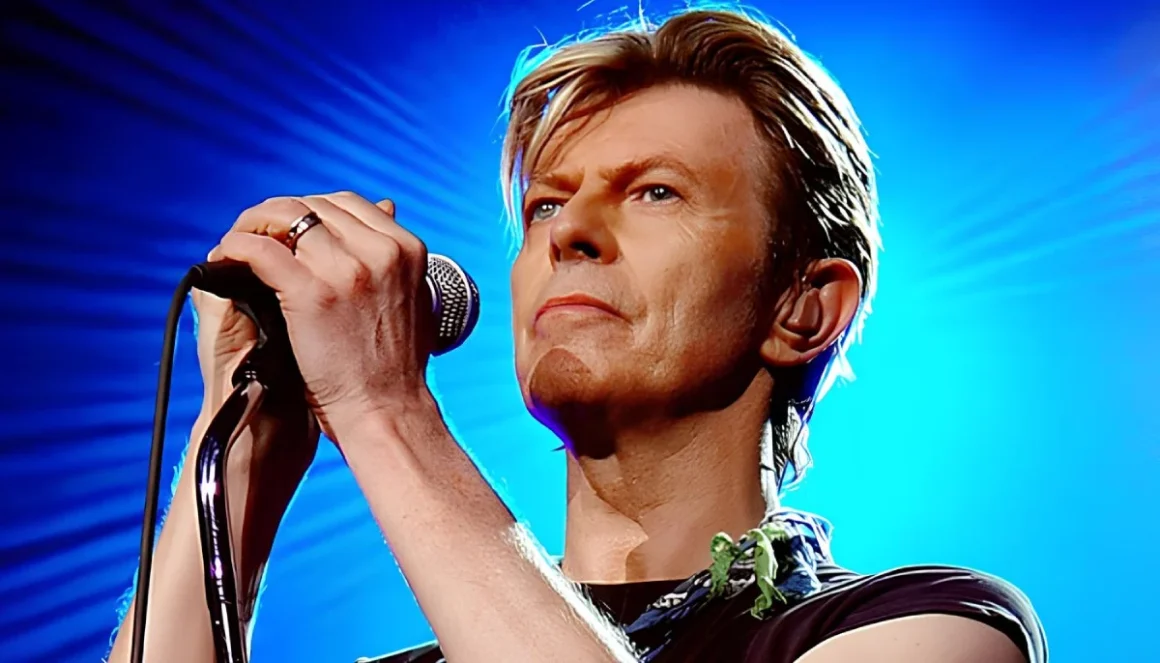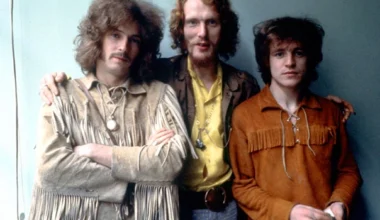It’s not uncommon for musicians to have an odd relationship with their own back catalogue. Throughout my career, I must have read a thousand interviews in which a well-known celebrity disparages one of their own hit songs while praising a lesser-known album track as the best they have ever written. When they make these shocking admissions, undoubtedly a variety of factors are at play, and frequently, they still end up coming full circle. Although David Bowie was exceptional in every other aspect, he was not exceptional in this regard.
At one point in his career, David Bowie was at the extreme of his love/hate cycle. He gave up on the rich legacy of his catalogue, declaring that the timeless hits that were “of [their] time” were unbearably boring. As a musician who had always searched for the direction of music, he believed that resting on one’s achievements was inherently unartful. The Starman began to feel bitter about his past achievements, which left him deeply conflicted about the significance of two songs in particular. In fact, he detested them.
In Bowie’s case, the irony is that two of the songs he detested were possibly the most successful commercially. One of them gave it a serious start, while the other kept him going through the ensuing years of brilliant creativity mixed with struggling business.
Tony Visconti, the renowned producer, close friend, and nearly constant collaborator with David Bowie. He told journalist Steve Pafford in 2000 that he “loves what he does.” Afterward, he gets itchy feet. He is eager to drop his previous enormous creative achievement and go on to the next one.
But there were times when he was eager to leave his previous job behind and not just move on. In the 1970s, “young Americans” may have been Bowie’s main source of income and support. Astonishingly, his most well-known works, the Berlin trilogy, failed to bring him financial success during that period. The Starman insisted that he “loathed” the song despite this. Despite his admiration for the album “Win,” he found the track’s title to be extremely irritating. Following his Sound + Vision tour in 1990, he permanently retired the song.
Even more puzzling is the second song that brought out Bowie’s self-loathing in retrospect. Bowie’s early years have always provided an intriguing window into the heavenly stardom that would ensue. Though he was adamant about wanting “to have an impact,” he remained true to his creative philosophy. When he did finally become somewhat famous, it was for the song “Space Oddity,” which examined the social effects of space travel and was reminiscent of Stanley Kubrick’s film of the same name.
It’s amazing that this anthem only reached its peak at number five in the UK and number 124 in the US Singles Chart. But it appeared to represent every aspect of his artistic vision. It combined profoundly personal reflections with an unparalleled scope. It was a prophetic image that went beyond the moon landing that it was associated with, yet it was by no means a “cheap shot,” as Visconti had once called it. Plus, it had a jazzy melody that was gorgeously catchy. Bowie detested all of these things for decades, despite the fact that they define him.
Oddly, he wasn’t the only one who detested the song. Even the always positive Visconti didn’t like it when it first came out, although he may have grown to like it later. He went so far as to call it a “cheap shot” and “a gimmick to cash in on the moonshot.”
Bowie even made threats over the years to burn the master tapes in his own vault. Bowie removed the song from his live performances once more. He performed it on the 1974 Diamond Dog tour. Then, he put it into long hibernation. Finally, he brought it back for the record-breaking Serious Moonlight tour in 1983.
Maybe it’s just that, in an attempt to preserve your defence, you get too close to your biggest numbers and pull away from them. “Creep” by Radiohead is a generation-defining hit song. Nirvana’s “Smells Like Teen Spirit” also falls into that category. Liam Gallagher dislikes Oasis’s hit song “Wonderwall.” The Beastie Boys assert that “Fight For Your Rights” was a joke. Wrong people took it seriously.
Bowie’s motivations for detesting “Space Oddity” and “Young Americans,” however, are a little more enigmatic. David Bowie praised songs from the past. Some musicians mock their past success to highlight their current work. Deep cuts were among his favourites, but he was just as fond of big hits. Overall, it appears that the songs he detested only highlight the fact that he was a celebrity who was always able to recognise his own discography. The man behind it all, who clearly wrote his own chapters and crafted a multitude of characters, was always aware of the legend surrounding David Bowie.
His evaluation of “Teenage Wildlife,” one of our mutual favourites from his back catalogue, serves as more proof of this. Bowie remarked of the song, “So it’s late morning and I’m thinking, ‘New song and a fresh approach.'” I am aware. I will perform a Ronnie Spector routine. Yes, I am, I assure you. replacement for a single day. And I did, as you can see. God bless. I still adore this song so much and would give it two “Modern Loves” at any moment.








